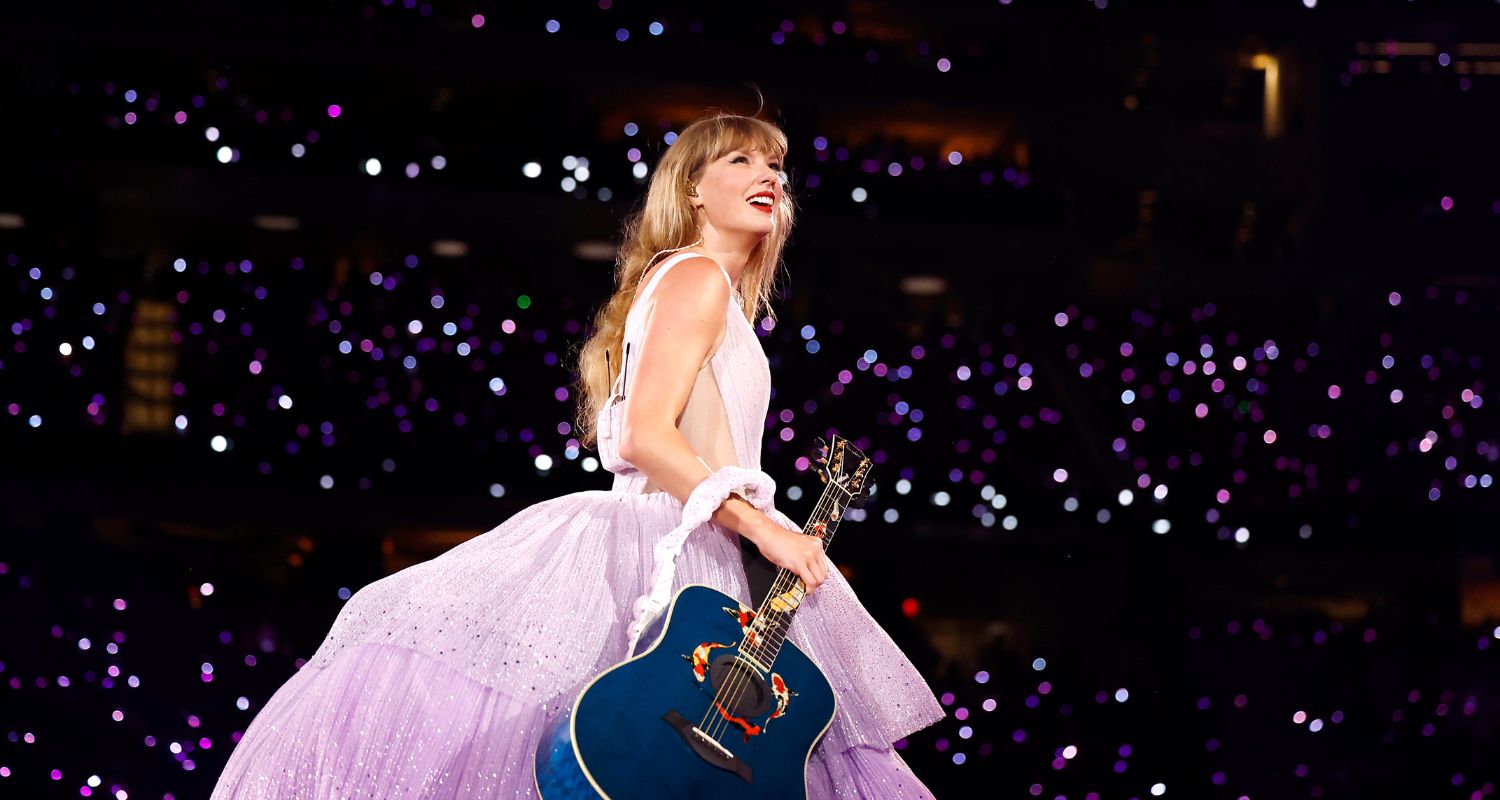Trigger Warning: This article discusses topics that some readers may find upsetting.
Why am I like this? It’s something I’ve found myself wondering each time my painful and uncomfortable personality flaws disrupt my happiness, my sense of security, my wellbeing … and most parts of my life.
A chance conversation a few years back made me realise that much of those chips and cracks are the result of something that began when I was five.
In seeking to understand why I am the way I am, I confronted my dark past. I spoke about it for the first time. I sought help. I opened up to my husband. I told my mother. I let friends in.
I went looking for the insights of men who have come from a similar place and walked a near-identical path. I went to a support group and I spoke to experts in treatment, research and survivor advocacy. I heard from the loved one of a man who didn’t survive. I spoke to men who had never told a soul about what happened to them as boys until they said it out loud to me for the first time.
After all of that, two things became clear. The first was that it doesn’t matter whether you are rich or poor, set up for success or fighting much harder for a place in the world, child sexual abuse has an unimaginably destructive impact on a young life.

The second realisation was that only a little bit above bugger-all is done to help men who were sexually abused as children. Only some non-government organisations exist, largely run by volunteers and with waitlists of hundreds of survivors, desperate for a hand, yearning to be heard, understood and believed.
The conversation about child sexual abuse, when it’s had, tends to focus on girls and female survivors rather than boys and male survivors. Perhaps it’s the perception that girls are more likely to be the victims of this crime. But experts tell me the gender balance is almost equal. There are a few who suspect sexual abuse could even be higher in boys, but that it’s not represented in the data because many men don’t disclose it.
The abuse of boys isn’t more worthy of our attention, and sympathy, and rage than that endured by girls…But the fact is boys are likely to cope with it—or not cope, as it happens—in a unique way. We’re less likely to ask for help and, when we do, we’re likely to find there isn’t any.
It’s something society struggles to comprehend and so chooses not to talk about. And that’s understandable. When something is too awful to think about, why would you willingly start a conversation about it?
To anyone reading this who is struggling I say a new dawn always follows even the darkest night. There is always, always hope, even when things feel utterly hopeless. You are never alone, even if there’s not a soul in the world you feel you can talk to, and even if you believe there’s no-one who loves you, who believes you or who cares. There is. And they will.
Shame is most potent when it lives unchallenged. Secrecy kills. Going it alone is unnecessarily painful.
So speak up when you’re ready. Seek help when the going gets tough. And don’t believe what your demons tell you. You can do this. You can survive. I believe in you.
This is an edited extract from You Made Me This Way by Shannon Molloy (Harper Collins Australia, $34.99).
If you or someone you know needs help, please contact the National Sexual Assault, Domestic and Family Violence Counselling Service on 1800 RESPECT for 24/7 support.










